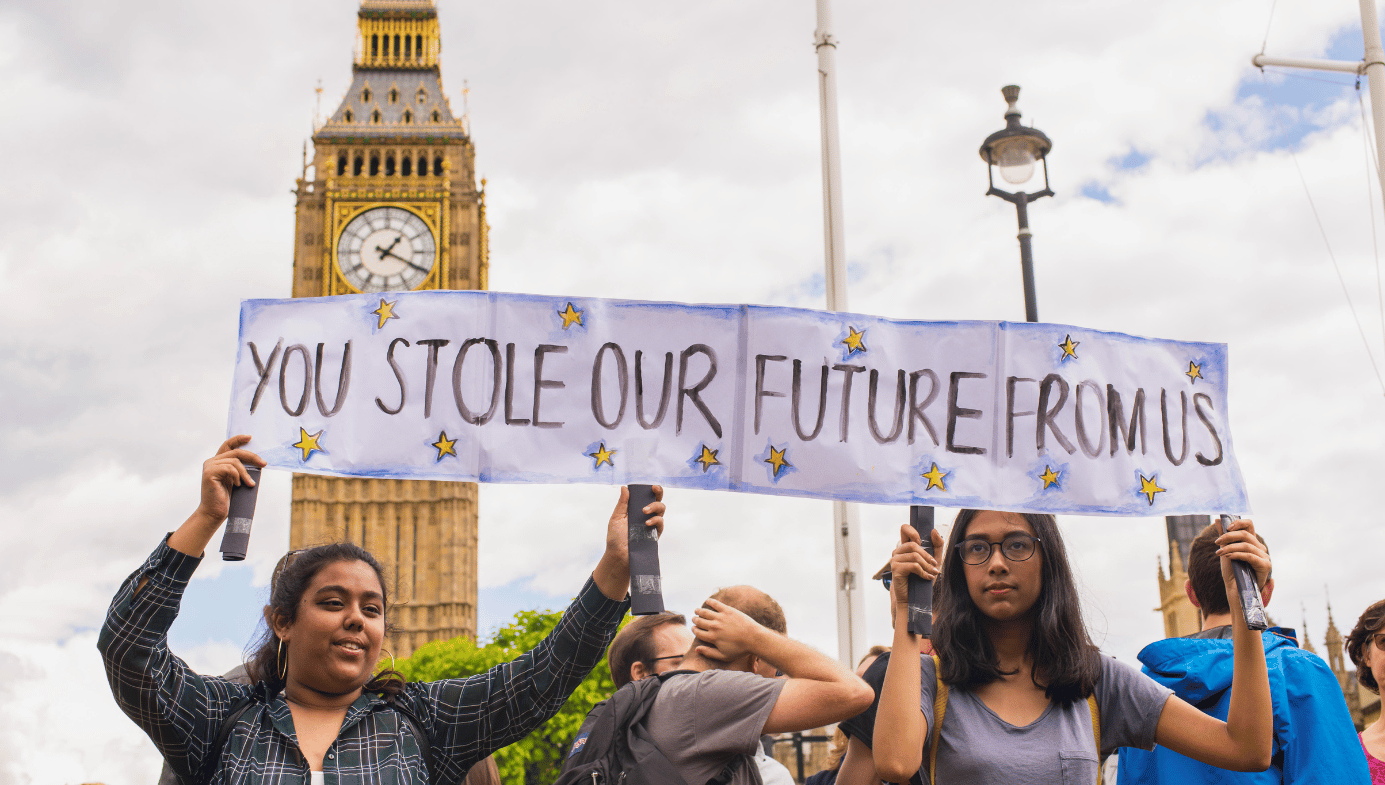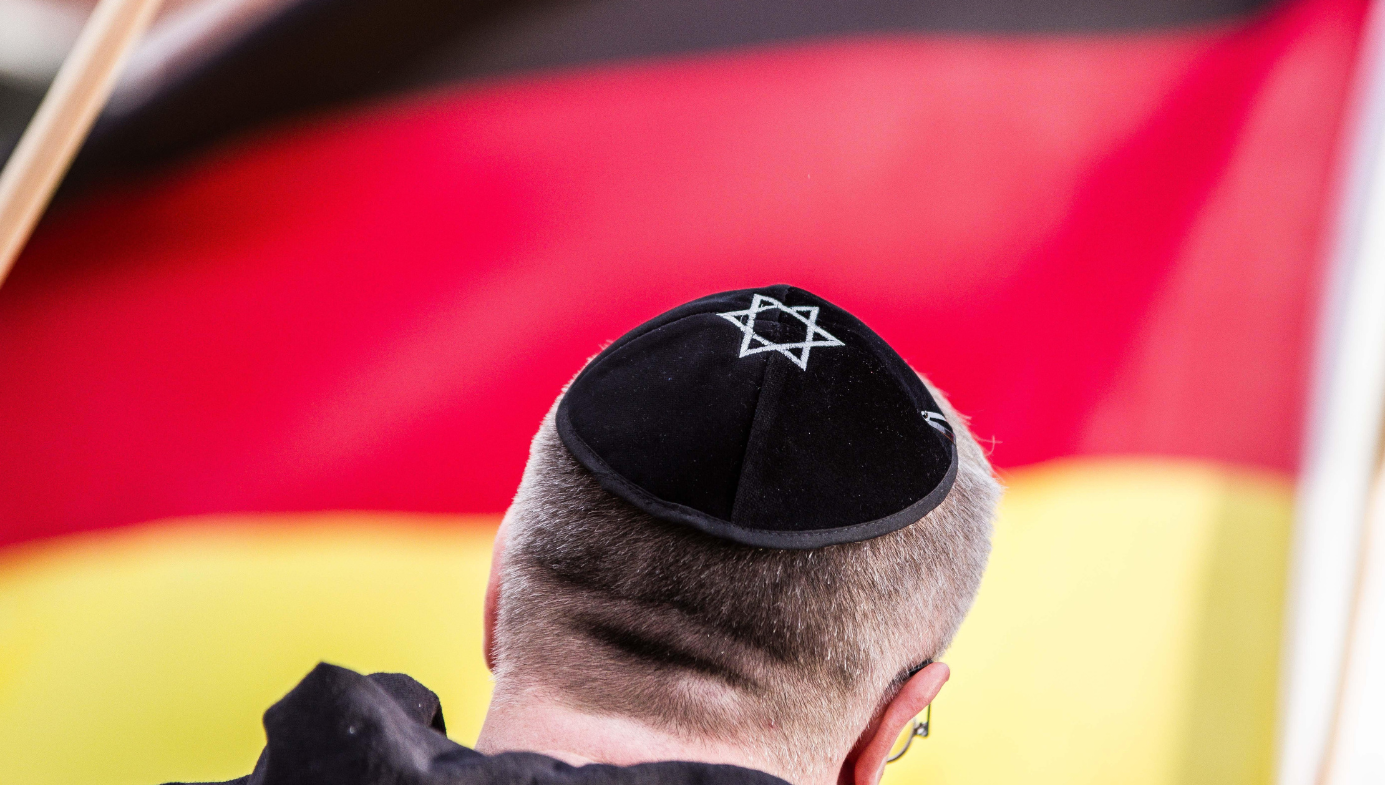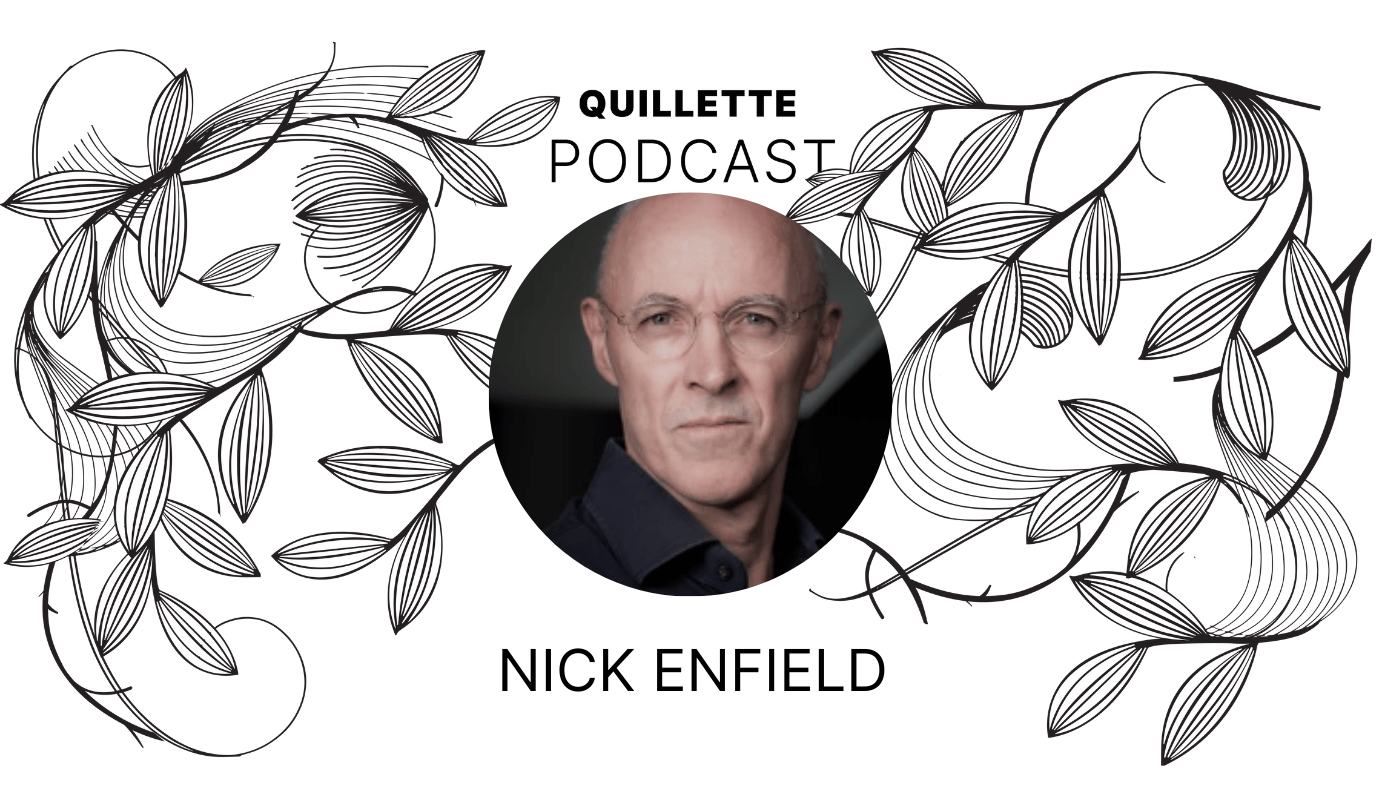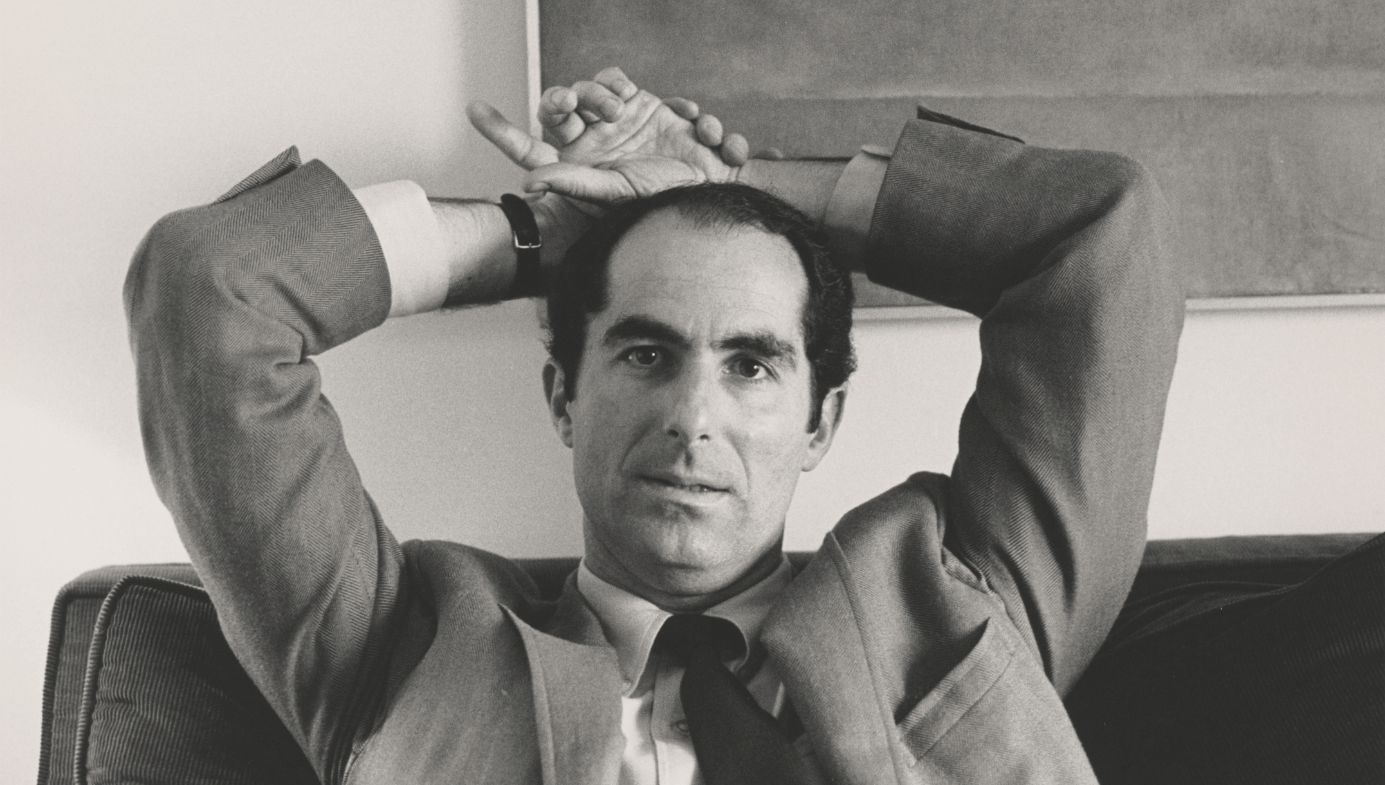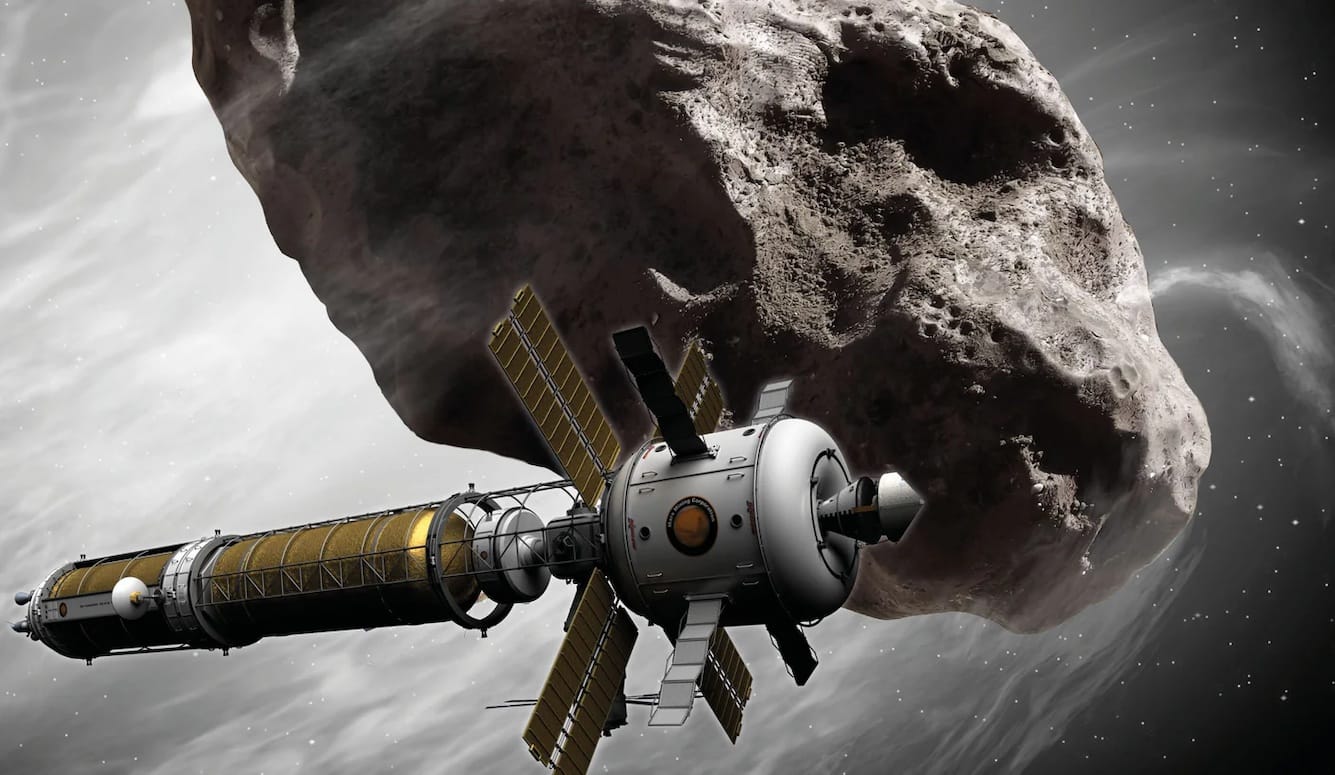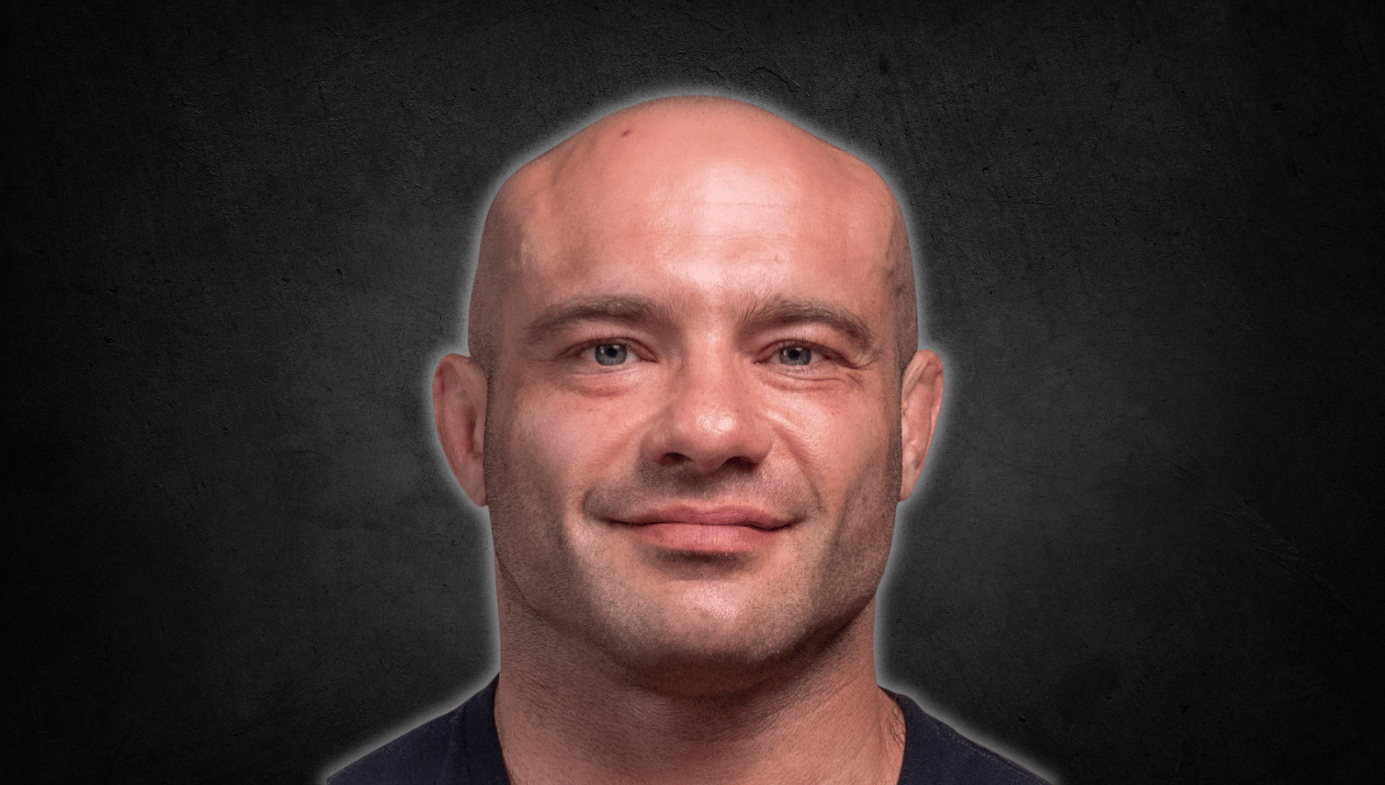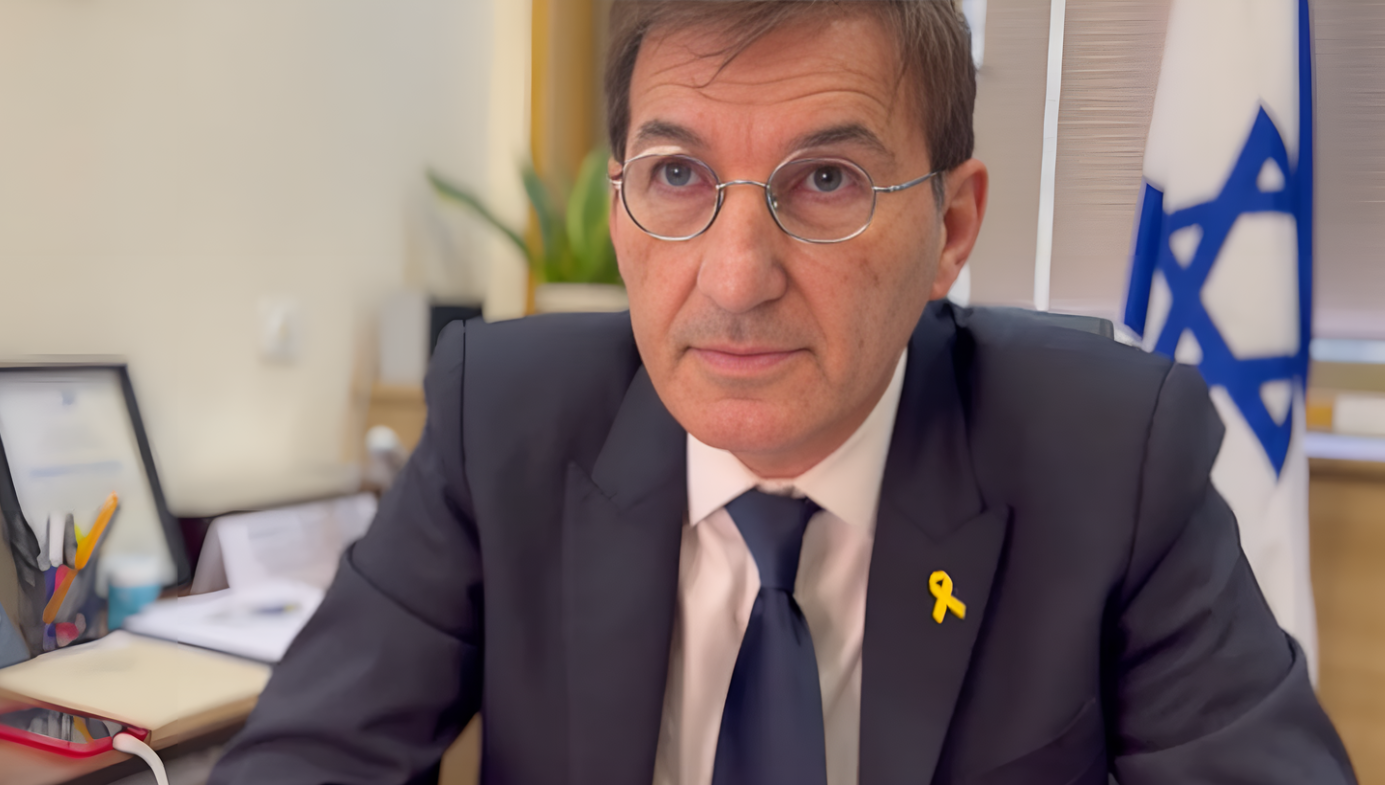Can the Revolution in German Foreign Policy Last?
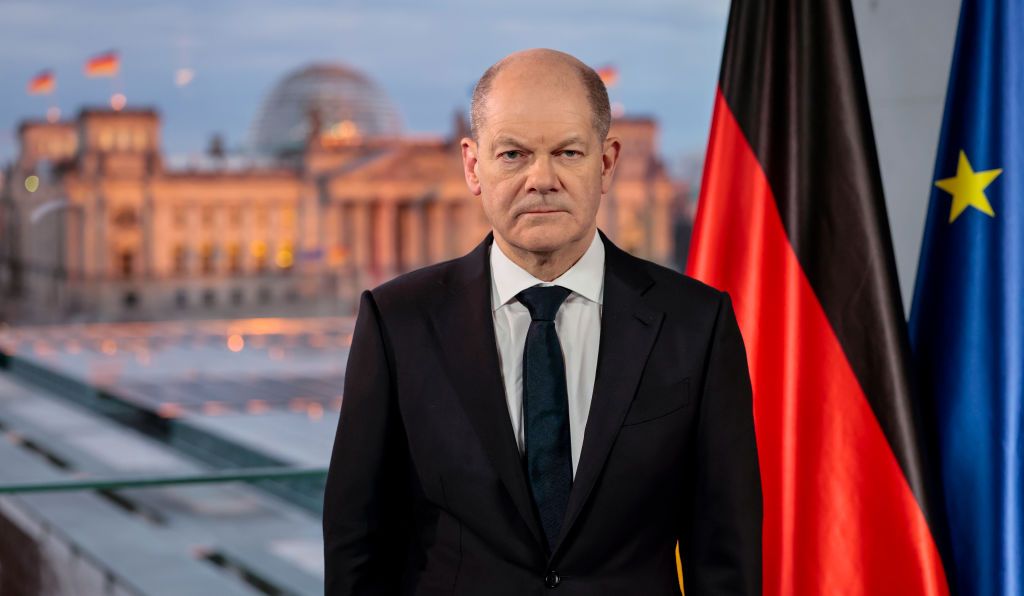
During the fierce debate over the Iraq war, the German political scientist Karl Kaiser said, “Europeans have done something that no one has ever done before: create a zone of peace where war is ruled out, absolutely out.” And, he added, “Europeans are convinced that this model is valid for other parts of the world.” Not 20 years later, it turns out that the European model isn’t even valid in Europe. In recognition of this somber reality, the German state has declared an unusual U-turn in its foreign policy. Before considering this purported revolution in German statecraft, it would be worth pondering what it is turning away from.
For three-quarters of a century since World War Two, Bonn and later Berlin adopted a pacific approach to the world beyond German borders. A relatively tranquil Europe was surrounded by a violent world, but it averted its gaze. Amid the bipolar order created by the Cold War, Germany remained part of the West, but was not always with the West. Instead, its leaders pursued a strategy of studied ambivalence between the rival superpowers. Despite being a political and economic pillar of the American order, Germany scrupulously avoided giving offense to Russia, even after the fall of the Berlin Wall and the dissolution of the USSR reduced it to a post-imperial rump. In recent years, German leaders have still not strayed far from Bismarck’s counsel: “Never cut the link to St. Petersburg.”
This official nonalignment in German foreign policy prevented any serious investments or initiatives in the realm of military power. After the collapse of the Soviet Union and Germany’s own national reunification, Berlin exploited the peace dividend to the hilt. The Bundeswehr was hollowed out—3,000 battle tanks dwindled to 260, and the Luftwaffe’s first-class Tornados were consigned to oblivion. This steep reduction in military power was matched by a failure of strategic vision. Even as Russian divisions encircled Ukraine last winter, Chancellor Olaf Scholz entered office with the promise of yet another reset with Moscow that was doomed before the words escaped his lips.
After Putin’s invasion of Ukraine, however, Scholz—a dyed-in-the-wool Social Democrat—has begun, haltingly, to change his tune. He unleashed what many have greeted as a far-reaching strategic reorientation of German foreign and defense policy, turning Ostpolitik upside down. He canceled Nord Stream 2, which his predecessor Angela Merkel had defended to the last, and announced that defense spending would finally be hiked up to two percent of GDP, a longstanding NATO goal often praised but seldom attained by continental members of the military alliance.
It has since been widely proclaimed that the long era of German pacifism and passivity is over. But is this truly what Scholz calls a zeitenwende—a “turning point”—for Germany and Europe in its dealings with a resurgent and belligerent Russia? The complete answer will not disclose itself in fat budget outlays for defense or suspended imports of Russian gas, at least not at first. The acid test for this new dispensation in Europe will be the return of a tragic sensibility—a sense that geopolitical struggle and competition, far from being antiquated features of a bygone world, are perennial realities. And on this score, the evidence on the old continent isn’t encouraging.
“The world after this,” Chancellor Scholz has declared, “is no longer the same as the world before.” The trouble with this statement is that the world hasn’t changed one bit. When Putin inaugurated his irredentist campaign in Ukraine, annexing Crimea and stoking a civil conflict in the Donbas in 2014, he demolished the hallowed principle that sovereign borders cannot be changed by force. The German government barely flinched, continuing to gorge itself on Russian oil and gas while spending paltry sums on its military. In fact, during this period, Germany actually increased its energy dependency on the Russian state. In 2015, it got about 35 percent of its natural gas from Russia. In 2021, the figure had jumped to 55 percent.
After Russia’s first Ukraine invasion, Chancellor Merkel lectured the Russian strongman that, in the 21st century, conflicts were not solved “militarily.” Putin, she declared, was “living in another world.” It’s now even clearer than it was then that it’s the Germans who had been living in another world, and despite rhetorical adjustments, it’s not at all clear that they have yet come to terms with the realities of this one. Germany’s governing class nods along as Scholz proclaims that the Russian invasion of Ukraine presents a mortal danger to the European security order writ large. But there remains great trepidation, in Germany and across the continent, about transitioning to the world that so many Europeans have long ceased to inhabit—the only world that ever was.
The country at the fulcrum of Europe’s postwar paradise is now promising to strengthen its defenses, and nearly four-fifths of the German population endorses rearmament. However, this volte face is likely to occasion a chorus of doubts and second-guesses, from which would flow accusations that Germany has forgotten the lessons of history. How long this new martial spirit persists, and what character it assumes, will therefore remain open questions. What’s already clear is that Germany has no intention of riding to the rescue of Ukraine, or of engaging in a protracted geopolitical competition with the new Russia. The more probable explanation of German strategic culture today is that it’s putting old wine in new bottles: preserving an old “realist” pattern under a fancy new gloss.
Having pursued an expensive and short-sighted energy policy—Energiewende—for two decades designed to wean itself off fossil fuels and nuclear energy, Germany has given scarcely any indication that it will break its terrible dependency on Russian gas. Despite belatedly shuttering Nord Stream 2 (under intense US diplomatic pressure), copious amounts of Russian oil and gas continue to flow onto the German market, keeping the ruble afloat and serving as a lubricant for war. Nord Stream 1, which carries almost 60 million cubic meters of Russian natural gas per year, keeps Europe’s biggest economy humming. This deal delivers more than $2 billion a month into Russian coffers while Ukrainians remain exposed under open skies. In light of this abiding status quo, Berlin’s decision to halt the import of coal looks more like a necessary compromise with the ruling coalition’s Green Party than a bold strike at the Kremlin’s wallet.
As for Germany’s commitment to rearm, the results seem destined to disappoint since the rearmament Germany needs most is ideological before any military capabilities are marshaled. The military spending splurge will permit Germany to buy advanced F-35 fighters from the US, but it’s hard to imagine that their deployment to frontline NATO states will be popular at home over the long haul. The German chancellor overcame initial reservations and announced military assistance in the form of 1,000 anti-tank weapons and 500 Stinger missiles to a besieged Ukraine. But the great question remains whether Germany can jettison the pious fiction central to its modern identity as a “power of peace” and revive itself as a power to be reckoned with. Without greater coherence and purpose in German diplomacy, any hope of a more capable European foreign and defense policy will be dead on arrival, to the unalloyed benefit of the Kremlin.
The strategic stakes involved in halting and reversing Putin’s hostile designs in Ukraine—at least in the east, after the dismal Russian attempt to decapitate Ukraine’s government—are painfully evident. A Russian military success in consolidating territorial gains through force will only incite Russian aggression elsewhere. In this context, it is imperative to recognize that Kaiser’s blissful confidence in the “European model” of geoeconomics without geopolitics still enjoys wide currency in Western Europe, and will not depreciate without enormous effort. Among a vast portion of the German electorate, an aversion to hard power is not simply the keystone of an appealing postwar ideology, it is the foundation of basic morality. This is especially true of the postwar European approach to strategic and military issues, where the old preference of moving beyond power will remain closer to the German mainstream than optimistic observers across the West care to admit.
The melancholy truth about the Western response to Russian aggression is that it has changed in degree but not in kind since Putin first invaded Ukraine in 2014. Putin’s premeditated mass murder of civilians in Bucha was preceded by his premeditated mass murder of civilians in eastern Ukraine, and before that in Aleppo, and Grozny. Notwithstanding these outrages, no great effort was made to impede Putin’s bloody search for imperial glory. Nowhere has this inaction been more apparent than in German statecraft. After each ghastly instance of Russian terror, it has proceeded through three stages: first, professions of shock; second, impotence and inaction; third, a stubborn unwillingness to diminish his future resources or foil his future schemes.
It’s hard to know which of these facts is the most shameful, since each of them has been calamitous. But taken together, they suggest a deep rot at the heart of the European “model” that looks likely to persist for many years to come.

